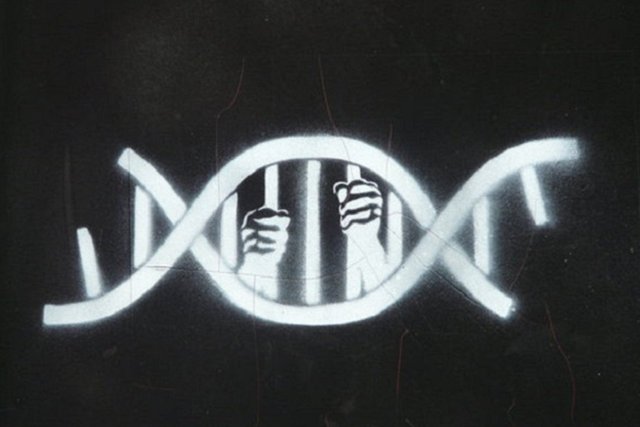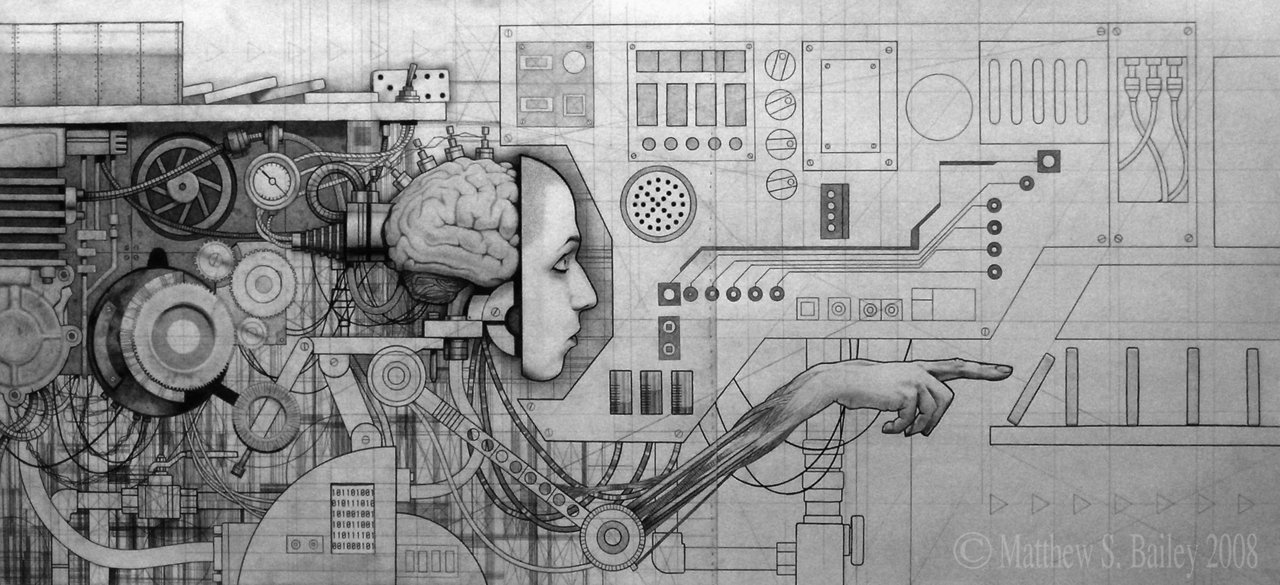Determinism/Philiophy's part..

Determinism is a teaching that suggests that the process of determinism, quasi-judgment or determinism universe is determined by the various scientific laws, such as the laws of physics, that events occur in the scene, and that these specified events must occur. In other words, everything is determined according to the teaching and it is not possible to change. This view is a view of the work and field of the various branches of philosophy, especially moral philosophy. In the moral philosophy, "Is man free in moral action?" it tries to answer the question.

It is possible to extend the roots of determinism to Thales. As the basic principle of the universe, Thales' s water, Anaximandros apeiron (unlimited, infinite), Anaximenes (militan) air, Herakleitos logos as the element that regulates the whole formation. The four elements of Empedocles (water, air, earth and fire), the atom of Demokritos, the first mover principle of Aristotle, the universal logos of the Stoacians are considered to be determinants. In the New Age, mechanistic understanding will be fed from the determinism. Because the mechanic relations explain the precise state of the state. Descartes is concerned with the idea that God is the divine being, and that the material is being divine directed when he defines the person with divine attributes as the free will. Spinoza defines God as eternal, single, perfect, compulsory, simple, immobile, immortal, and independent, and adopts a pantheistic understanding. Besides, it argues that the universe is a definite scheme with the concept of absolute determinism. According to Spinoza, each of our actions is shaped around precise measures of this order, thus suggesting that freedom can not be mentioned. Claude Bernard: We should not admit it as an experimental evidence: The existence conditions of each phenomenon have been determined absolutely even in living beings as it is in rough objects. In other words, once a condition of a phenomenon has been known and fulfilled, this phenomenon has always been possible and necessarily fulfilled according to the wishes of the experimenter. This explanation is related to the determinism of mechanist logic.

In the 1820s, while the concept of "determinism" defined the working of a machine, Simeon Poisson and Laplace proposed this concept for the "universe working like a machine" model. This suggests that "the person who is part of the universe works within the rules, there is no free will". In the 19th century, the influence of the positivist philosophy began to increase. These effects led to abstract and concrete concepts, a conflict of thought and science. At the end of this century, philosophers and scientists such as Bergson, Boutroux, De Broglie, Heisenberg, Max Planck, Von Neumann and F. Perrin caused criticism to criticize and change their understanding by advocating their views on indeterminism. The quantum mechanics that developed during this time, the understanding of determinism; the sides of the physics laws that were thought to be determinist were thought to be indeterminist.
The determinism is divided into different branches for the examination of the reasons of decisions:
Mechanical determinism: man's decisions are the outcome of his own causes.
Economic determinism: economic factors determine the decisions of a person.
The social determinism is determined by the variables of society (education, economy, health, property) in which the person lives.
Historical determinism: historical events are influential in determining man's decisions.
Experimental determinism: the data obtained by the experiment again have fixed results independently. It is determinism that is effective in the explanation of positive sciences. There is no miracle according to this understanding. The rules of science are fixed, which reveals certain situations.
evidence
Psychological evidence: It is the influence of external stimulants when people decide. Emotions are the reflection of the subconscious. For this reason, even if one feels free, it is not free.
Sociological evidence: The human being can be influenced by the behavior of other individuals in society and the affected person is not free.
Proof of morality: It is not free because human beings must act within the boundaries defined by moral codes.
Evidence of law: People are not free because law rules are effective in people's actions..